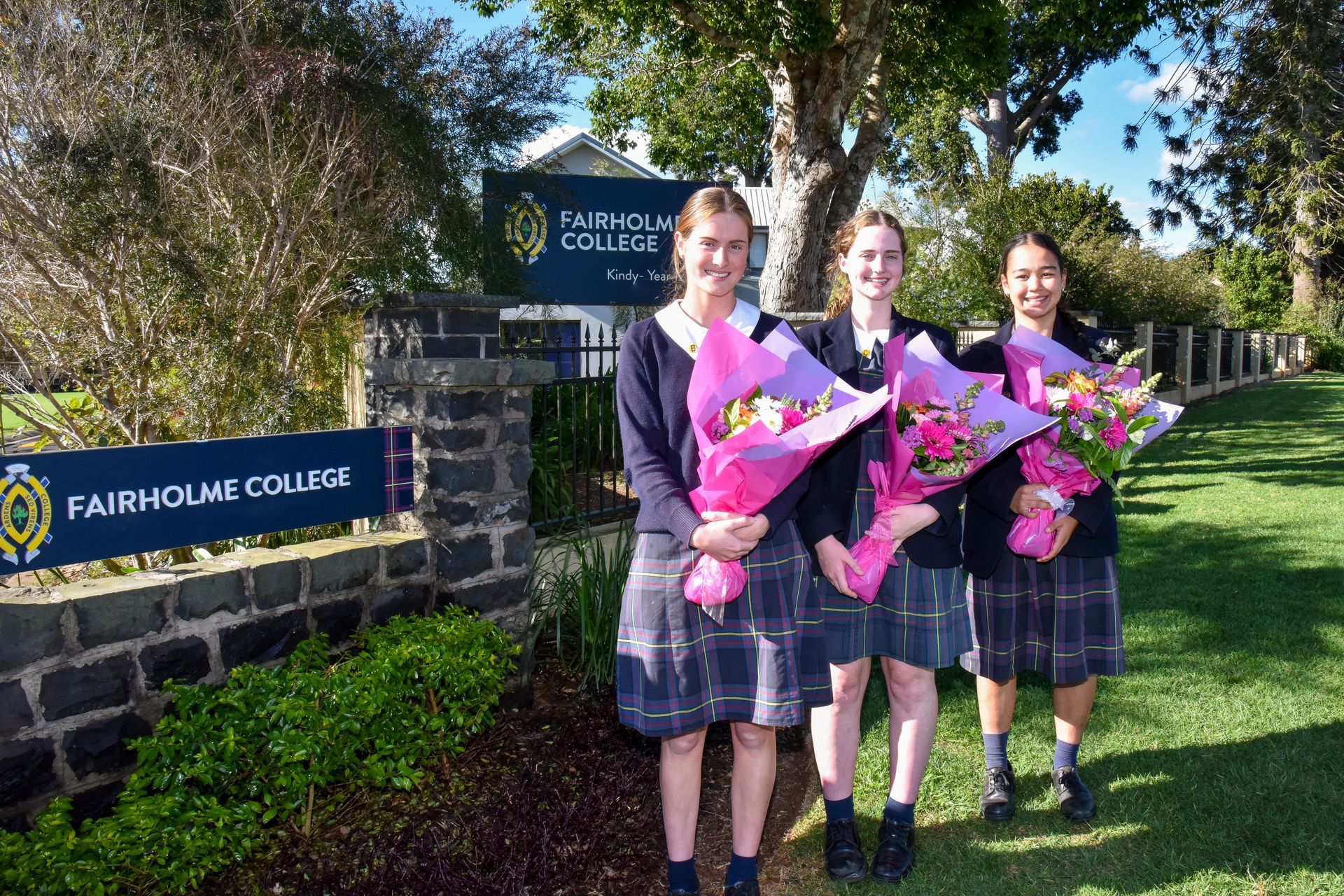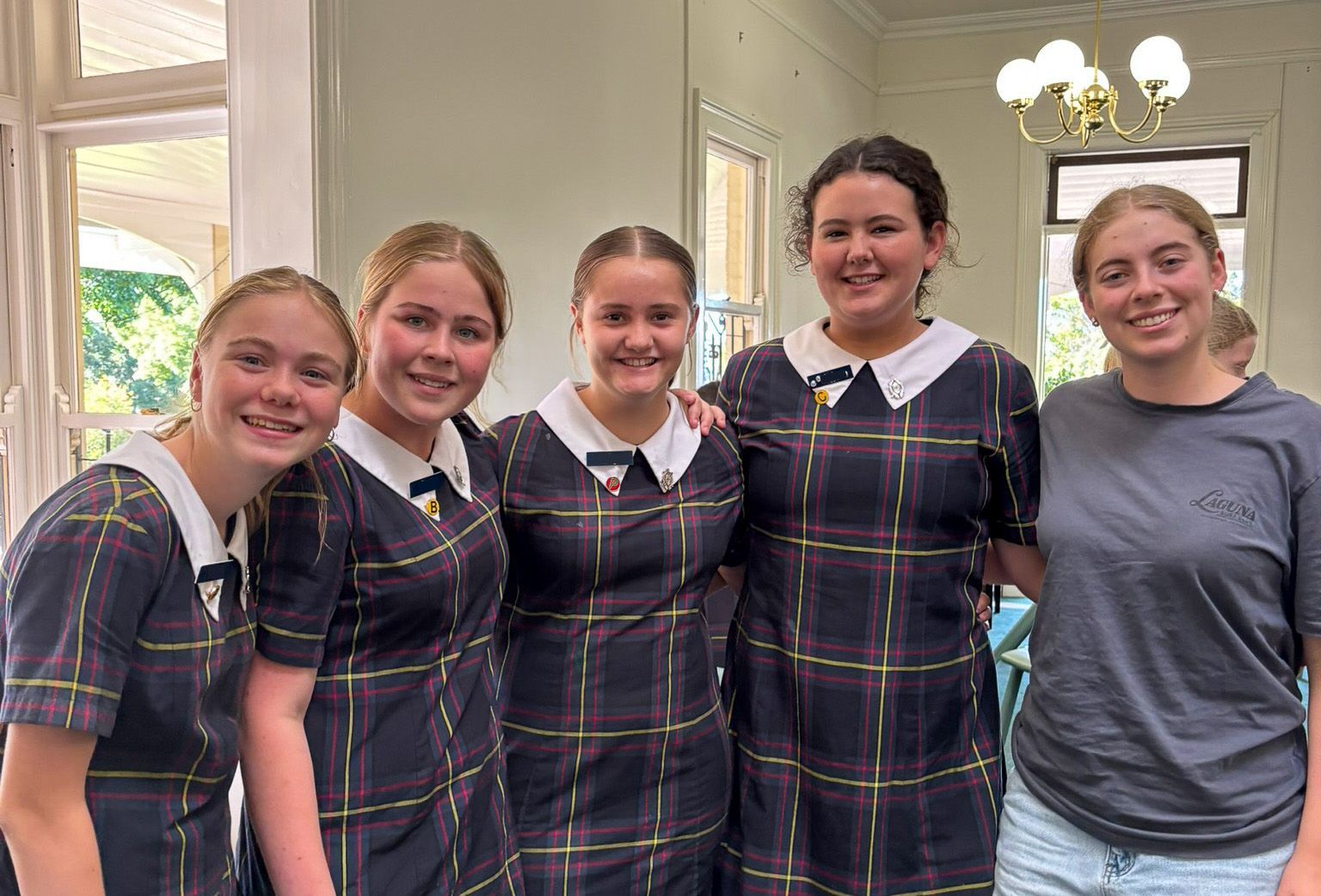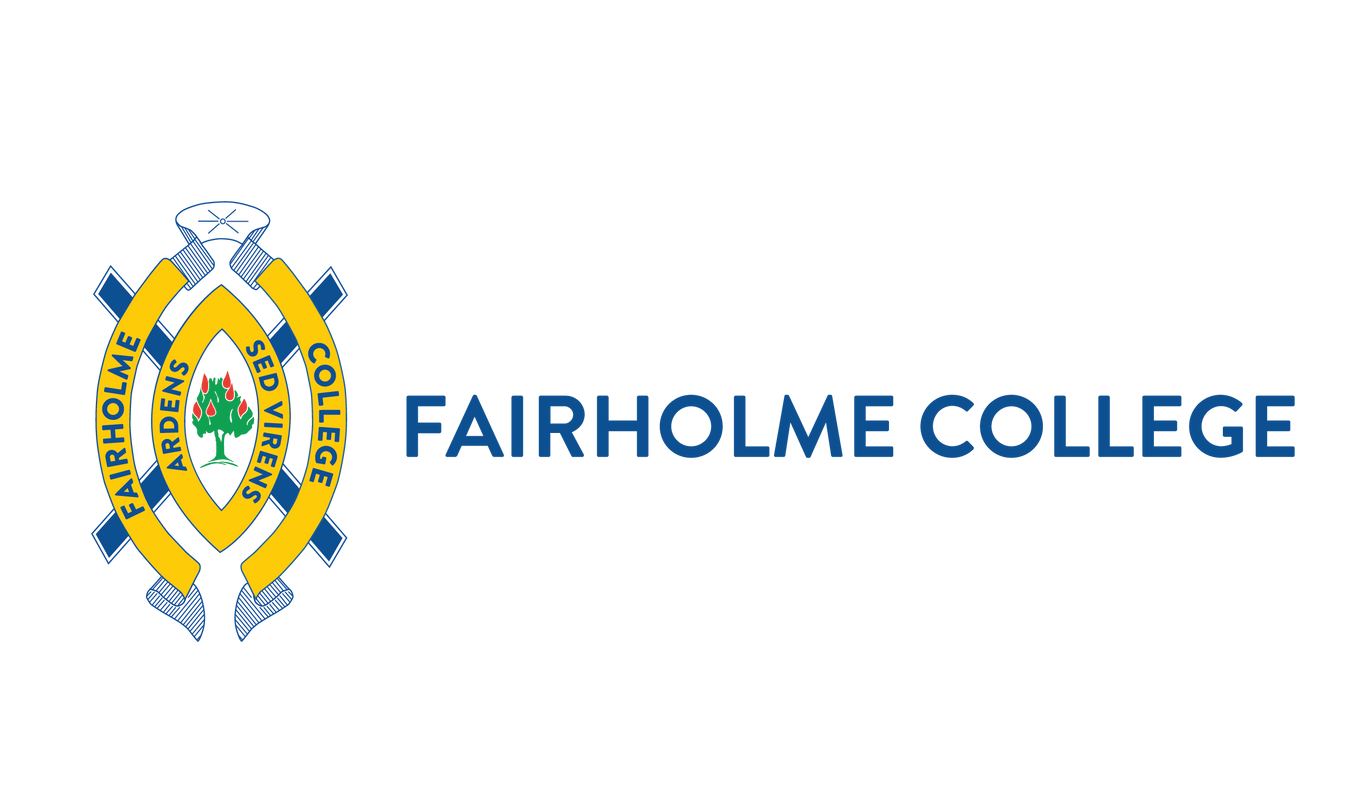Be Brave Enough to Begin - Again
How do you make sense of the unthinkable, the unimaginable, the incomprehensible? An hour glimpse into the life of Rosie Batty, Australian of the Year, 2015, courtesy of the Fairholme Mothers’ Long Lunch, captured the heart of a woman who has spent a decade seeking to change how the world views family and domestic violence.
It’s an unpalatable topic, not one you’d imagine for your regular feel-good mothers’ long lunch speaker. Yet, I am so glad that I heard her speak, gained a glimpse into the pain of her story but, more importantly, a larger window into her resolve to make a difference.
Be brave enough to begin again – Rosie Batty has been.
Her story is one that we need to listen to, take heed of, and not avoid.
For those who may have forgotten, ten years ago, Rosie Batty’s eleven-year-old son Luke was at Cricket practice – here, in a totally unanticipated moment, he was murdered by his own father. The world stopped in its tracks – Australia reeled. Luke’s death prompted us to recognise that family violence can happen to anyone and everyone. Wealth. Education. Background. These things do not protect us.
In the aftermath of the unimaginable, Rosie Batty did the unthinkable – she spoke to the media. She found her voice, less than twelve hours after losing her only child, and spoke. Somewhere within her, she knew that speaking out was the only thing she could do to honour the life of Luke. And so, she did, and she continues to do so. So profound has been the impact of her work, that researchers refer to ‘the Rosie Batty effect’ in reporting on the change in the way we view family and domestic violence.
Consider that one woman a week is murdered by her current or former partner in Australia, one in three women face family violence in their lifetime and one in four children, and that children are often the unseen victims. Their experiences play out as trauma does, throughout their life.
Conversation, education, and expectation of respect are fundamental, she believes, to affecting change. In her view, jail sentences are not the cure – by that point in time, the damage has been done. It is what happens before, not after that requires our focus.
Part of our Senior Thrive program tackles this topic. It’s been a project of Catrina Sharp for a number of years, to bring practitioners in this field together to speak with our students. Local lawyer, Adair Donaldson who works in this area, is a regular presenter. Further, Catrina facilitates the gathering of a panel with local specialists - our girls form questions, run the session, and collectively ponder the unthinkable.
For this age group, it is about discussing coercive control, and power-based actions that can manifest in some girls’ emerging, first and subsequent relationships. Learning how to recognise behaviours of control and manipulation are conversations that need to occur.
Gaslighting – the practice of leading someone to doubt themselves, is a common place term – because it happens, sometimes occurring hand in hand with flattery and gifts. That’s why we need to talk about it. Our Darling Downs’ Principals’ Association makes this topic an annual one – where we hear from those in the field as well as from those in our schools who are proactively tackling the problem.
Of course – a lesson or two, or a presentation on domestic and family violence does not shift the fundamental problem of coercive control, entitlement, or the uneven imposition of power: but it’s a starting point. We also need to value bravery, independence of action and a sisterhood of support. Expecting respect needs to be a given, at all times, in all places. There are gender differences. There should not be a power difference attached.
We want our girls, your daughters, to be able to stand up for themselves and others, when the moment requires it – at any time, in any circumstance they need to make another accountable. It is why the mantra – “I choose to do this because it is hard, not because it is easy” has become ‘Fairholmised’ over the past twenty years.
I am grateful to all those, in my life, who have taught me to expect respect and who have modelled that for me . And we too, need to be a voice for the one in three women and one in four children who require our support. I am grateful for the Rosie Batty effect – a woman who found her voice amidst the unthinkable, the unimaginable, the incomprehensible. I am so grateful to have heard her words.
Be brave enough to begin - again.
Dr Linda Evans | Principal
More News…







